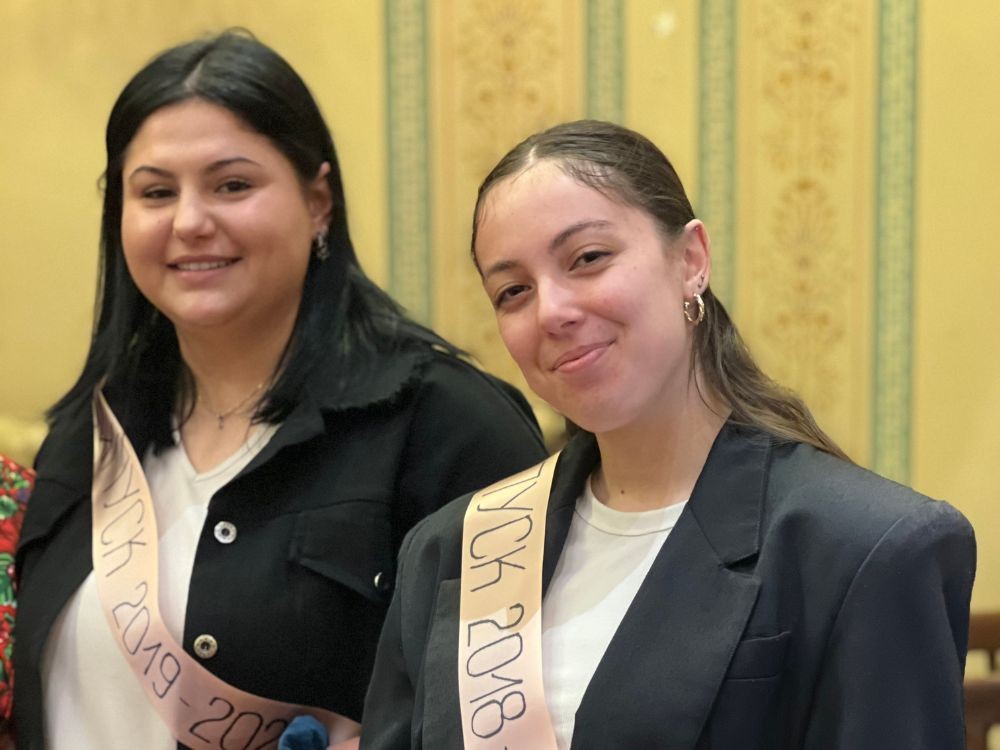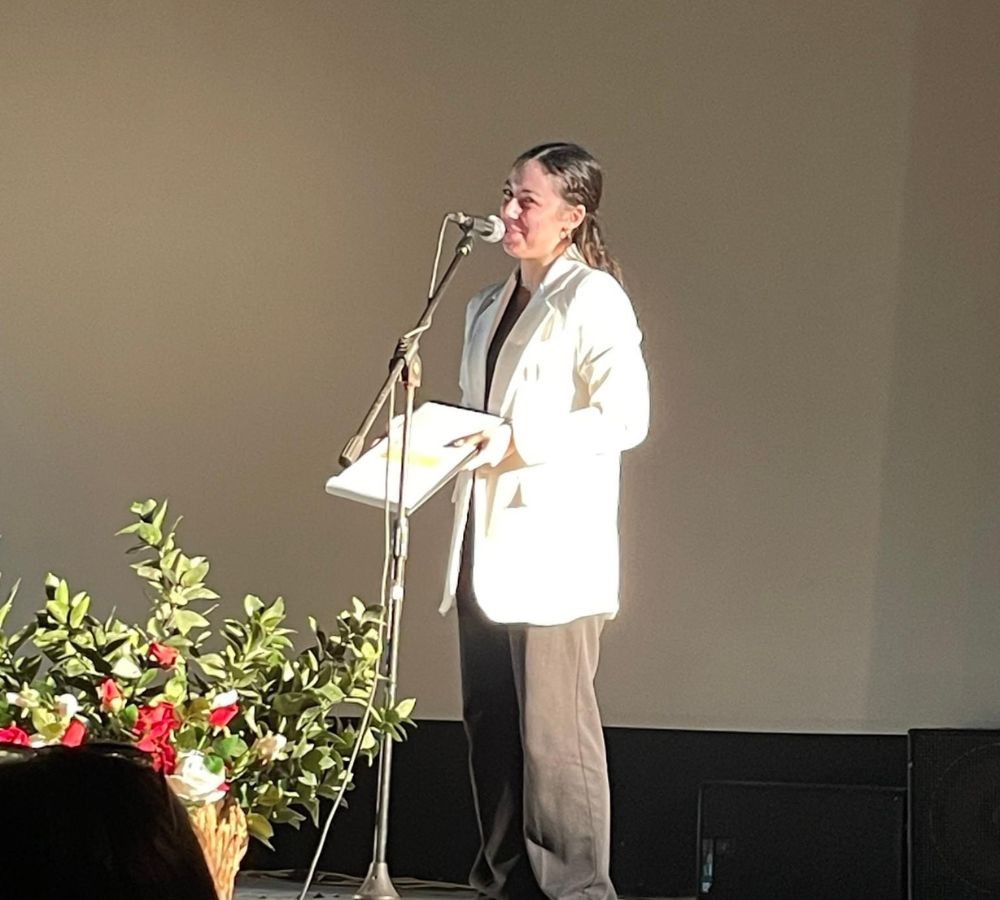



Bulgarian football legend Hristo Stoichkov has accepted an invitation from FIFA President Gianni Infantino to join his team . "It is a great honor for me to accept Gianni Infantino’s invitation to work for FIFA. I will represent both myself and..
He says he has not felt like a foreigner in Bulgaria for a long time. This is his home, he has learnt Bulgarian and like most of our compatriots he is interested in the political situation in the country. But his greatest passion, what fills his days with..
Assoc. Prof. Marco Scarpa studies Cyril and Methodius’ legacy and the role of the Southern Slavic scriptoriums, and the 14 th century men of letters who worked there for the flourishment of culture in the Balkans. He is also interested in the..

+359 2 9336 661
